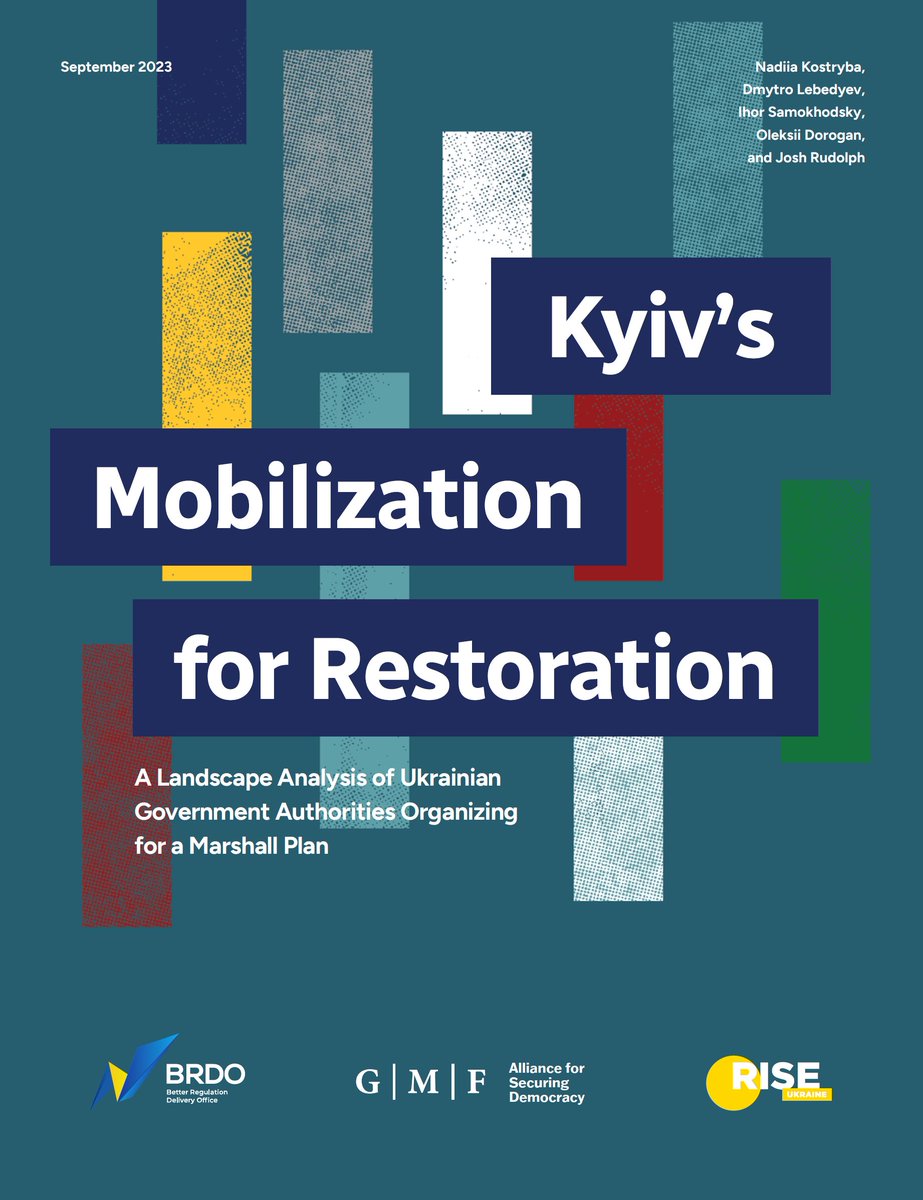.@IgnatiusPost raises important questions. This year's quid pro quo could have been an encore performance of a similar 2017 effort by Trump & Giuliani to condition a White House visit & military assistance on (stopping) investigations as a favor for Trump. washingtonpost.com/opinions/did-t…
In 2017, the White House visit was for Zelensky's predecessor, Petro Poroshenko. In both cases, the Ukrainian gov't needed public US support as a signal to Russia. In both cases, Giuliani was in Kyiv beforehand seeking favors beneficial to Trump around investigations into 2016. 

The main difference is that in 2017 Mueller was in the driver's seat of US investigations into 2016, so Trump's preference seems to have been that Ukraine NOT cooperate.
In 2019, with AG Bill Barr in charge, the favor sought by Trump was that Ukraine SHOULD cooperate with Barr.

In 2019, with AG Bill Barr in charge, the favor sought by Trump was that Ukraine SHOULD cooperate with Barr.


This article doesn't explicitly mention two other possible puzzle pieces. One is Trump's Dec. 2017 decision to give Ukraine lethal assistance, which @jonathanchait called a likely quid pro quo (@IgnatiusPost links to the relevant @AndrewKramerNYT article). nymag.com/intelligencer/…
There were also claims from Ukrainian intel. sources that bribes were required to get a full meeting with Trump (BBC withdrew the story after Poroshenko sued for libel, but it sounds like BBC stood by the broader report, just not Poroshenko's involvement). theguardian.com/media/2019/mar…
If a 2017 quid pro quo indeed conditioned national security assistance and a White House visit upon personal favors for the president, it would prove a pattern of repeatedly abusing power to pressure Ukraine into interfering in American democracy.
Congress should get answers.
Congress should get answers.
• • •
Missing some Tweet in this thread? You can try to
force a refresh


















